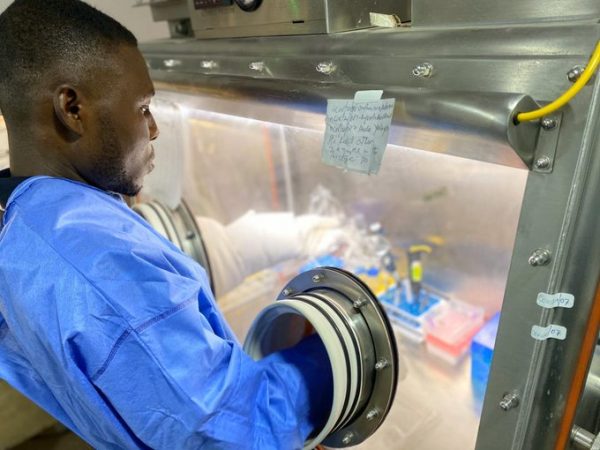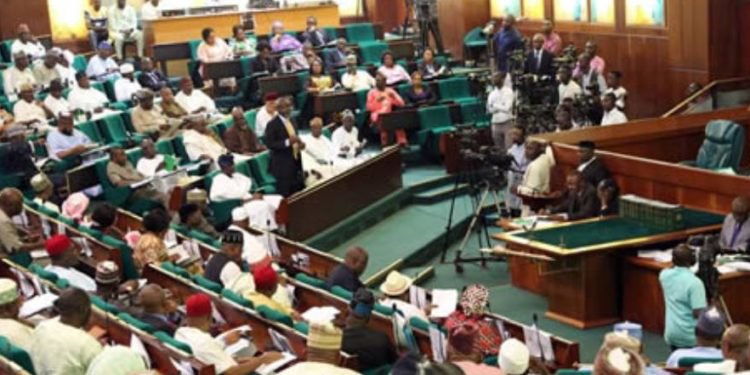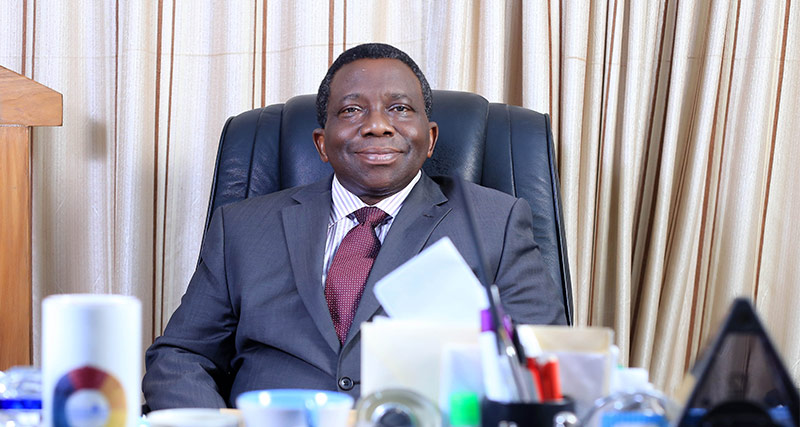From the United States comes good news for the global community wracked by infections and deaths from coronavirus, as the first of registered clinical trials for treatments and vaccines was announced on Wednesday, April 29, 2020.
Barely 48 hours after, on Friday, May 1, the Food and Drug Administration (FDA) approved the drug, ‘Remdesivir’, for emergency treatment of the “sickest patients” in hospitals.
Produced by Gilead, remdesivir, first developed as a failed therapy for Ebola, but being “repurposed”, was reported by the National Institute of Allergy and Infectious Diseases (NIAID), as having the potential to shorten the time of recovery by patients.
Though he admitted that the drug wasn’t a complete “knockout” in the study of 1,063 patients, yet, NIAID’s director, Dr Anthony Fauci, said, “what it has proven is that a drug can block this virus.”
While he likened the drug to the discovery of AZT (azidothymidine) as “a weapon” against HIV in 1984; U.S. President, Donald Trump, described it as “a very positive event.”
As reported by
politico.com, Dr Fauci, a member of the White House Coronavirus Task Force, announcing the NIAID study, told reporters that: “The data shows that remdesivir has a clear-cut, significant positive effect in diminishing the time to recover.”
Going by the report: “Trial participants, who received remdesivir, recovered in an average of 11 days compared with 15 days for patients in the control group, who received a placebo (ordinary care). Eight percent of remdesivir patients died during the trial versus 11 percent in the placebo group.”
Gilead, a California-based pharmaceutical company, is one in several countries in the rush to get treatments for COVID-19, with reporting on their outcomes expected in weeks or months.
Besides remdesivir, the following are drugs under experiment: Favipiravir, Tocilizumab, Baricitinib, Acalabrutinib, Convalescent plasma, Steroids, and Hydroxychloroquine and Chloroquine.
Five companies carrying out experimental vaccines are: Moderna (jump-started trials on humans) (United States); CanSino Biologics and Beijing Institute of Biotechnology (China); Johnson & Johnson, Beth Israel Deaconess Medical Centre and BARDA (United States); Pfizer and BioNTech (American-German partnership); and Sanofi and GlaxoSmithKline (France and England).
Where’s Nigeria in these experiments for drugs and vaccines against coronavirus disease 2019 (COVID-19)? Are Nigerian researchers in the race? Or “we stand aside and look,” in the words of the reggae maestro, Bob Marley, in ‘Redemption song’?
Surely, in line with its mantra of the ‘Giant of Africa’, it’s time for Nigeria to redeem and acquit itself among the leading nations of the world. It should be a giant in action, rubbing shoulders with the big players in finding solutions to COVID-19.
Putting this reality in perspective on May 1, the Director General of the National Centre for Disease Control (NCDC), Dr Chikwe Ihekweazu, craved for Nigerian home-grown treatments and vaccines for the novel coronavirus.
It’s noteworthy, though, that Maurice Iwu, a Nigerian Professor of Pharmacognosy, has claimed the development of a compound that could treat the disease.
On March 2 in Abuja, Prof. Iwu, the Chief Executive Officer of Bioresources Institute of Nigeria, led his team of researchers to brief the Minister of Science and Technology, Dr Ogbonnanya Onu and the Minister of Health, Dr Osagie Ehanire.
He said having identified and patented the possible coronavirus treatment in 2015, the institute needed government’s support to “translate the compound into a drug.”
Due to the interest the revelation generated, Dr Onu clarified that Prof. Iwu hadn’t found a cure for the virus, but that his initial compound against SARS was being tested in the U.S. “to confirm whether it could be a cure for COVID-19 or SARS.”
Yet, Iwu iterated his claim that three of the compounds developed in 2015 “were active against coronavirus/SARS.” In an interview, he said when COVID-19 occurred, “we notified the (Nigerian) authorities that we do have compounds that are active against them (virus) and they are being developed into a drug.”
“It was necessary to inform the authorities, to fast-track the development, which we were able to do. National authorities do that when the need arises, and all those things are being considered. So, we have a compound that is active against coronavirus. And the idea is being developed as we speak,” he said.
However, Iwu described his team’s remedy as “repurposing”: “The use of something for a purpose other than its original intended used,” in this case, using the compound to treat a different disease.
“It is a well-known compound that is used for a different purpose, but we believe that it can be used for this purpose,” he said. “Very soon, the developmental aspect will be completed. We are following the due and normal process,” he added.
Is this drug one of several tested in the U.S., awaiting authorisation of the FDA? Is it among the nine drugs listed above? If so, what’s its name, and at what stage is its reporting: weeks or months?
There’s also the testing of chloroquine, announced by the Nigerian Institute for Medical Research (NIMR), and the urgent production of chloroquine, as ordered by the National Agency for Food and Drug Administration and Control (NAFDAC).
The Director-General of NIMR, Prof. Babatunde Salako, said the institute would commence clinical trials on the “efficacy of chloroquine on people, who tested positive for COVID-19 and those showing symptoms but not confirmed yet.”
In an interview, Salako said: “We are hoping to do it very quickly, to see if we can provide information for the health sector for them to use it on patients. We are starting in a few weeks because there are processes, ethical approvals involved.
“We have to get the drugs but we are already close to the ethics approval. So, within the next few weeks, we should start. We will also let Nigerians know when we start.”
The Director-General of NAFDAC, Prof. Mojisola Adeyeye, said since chloroquine has shown to be effective in controlling the virus, it’s necessary to manufacture more stock “in case more people become exposed and infected.”
Adeyeye said NAFDAC is giving expedited provisional approvals for the manufacture of any commodities: sanitisers, drugs or medical device “that could be used for the clinical trial, testing and treatment of COVID-19.”
Her words: “The Agency had reduced the 120 working days for approval to 10 days due to the crisis. The products should have been previously reported for clinical trial treatments in reputable scientific journals or technical literature as safe and effective.
“Other researchers in France, U.S. have used the drug for clinical trial treatment of COVID-19 and they reported effectiveness of the drug. Lagos State will be starting a clinical trial on chloroquine to evaluate the effectiveness,” she said.
A positive start! But while Nigeria strives to develop treatments and vaccines for coronavirus, timely reports on experimental trials are imperative, as Nigerians need to know about the efficacy and danger of chloroquine and other drugs, to avoid the Kano scenario where a fake “COVID-19 Vaccine” is hawked.





